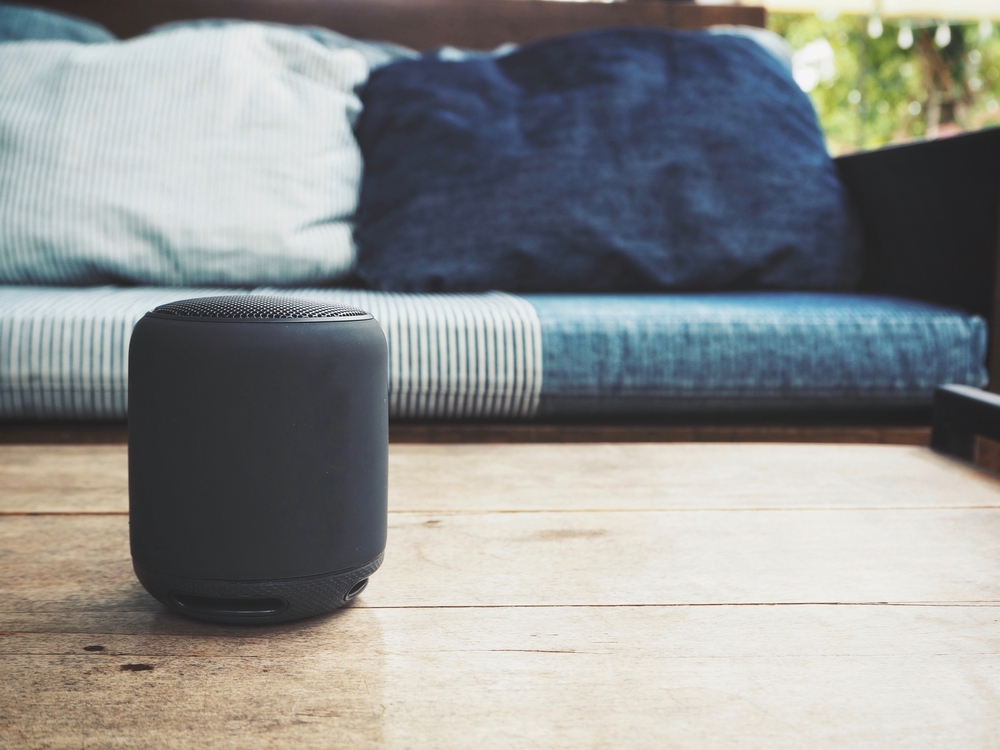Household Bills
Bluetooth speakers and popcorn added to inflation basket

The Office for National Statistics (ONS) has updated the basket of goods it uses to calculate consumer price inflation (CPI) and has added Bluetooth speakers, electric toothbrushes and shop-bought popcorn to its 2019 list.
As part of the move, hi-fi systems, three-piece suites and envelopes feature among the items that are no longer included in the list.
The ONS said the additions reflect the changing habits of consumers. Other items that were added include flavoured tea, sugar free cola, baking trays and non-leather settees. Meanwhile, crockery sets and dry dog food were removed from the list. Dry dog food has been replaced with dog treats.
This year, the ONS added 16 items to the basket, removed 10 and modified 16, leaving 688 unchanged.
Philip Gooding, a senior statistician at the ONS, said: “We want to reflect modern spending habits, and the alterations we have made highlight shifting consumer behaviour, whether that is in technology, the home or the way we communicate with one another.”
Investment platform Hargreaves Lansdown pointed out that unit trust initial charges have also been dropped from the ONS’s list, which reflects the industry’s focus on ongoing charges.
“It’s just one of a number of changes to the basket this time that you’d be forgiven for assuming had already happened – such as the switch from old fashioned Hi-Fis to Bluetooth speakers, and the dropping of envelopes from the basket, because more of us have turned to email,” explained Sarah Coles, personal finance analyst at Hargreaves Lansdown.
She noted that there are plenty of items that have remained in the CPI basket which belong to another era.
“Whether that’s CDs and DVDs, dating agency membership, gas fires, chicken kievs or liver,” Coles said.
“The same goes for your finances: there’s a good chance you’re hanging on to outdated and expensive products long after something more modern and effective came along. So it’s well worth considering what you ought to ditch from your own portfolio.”
Hargreaves Lansdown highlights these four types of products:
- Child Trust Funds
If your child was born between September 2002 and January 2011 they’ll have been given a Child Trust Fund. These were then phased out when Junior ISAs (JISA) came on to the market. Nowadays they tend to offer lower interest rates than the JISA, while investment CTFs tend to be more expensive, and have less choice. Since 2015 it has been possible to switch a CTF to a Junior ISA.
- Old instant-access savings accounts
Around 80% of people haven’t moved their instant access cash account for three years, and according to the Financial Conduct Authority, the longer you leave your money in an account, the lower the interest rate you’re likely to receive on it. Money in savings accounts opened within the past two years pay an average of 0.82% more than those that have been open for over five years.
- With-profits funds
These products were tax-inefficient, opaque, they came with unclear charges and market value reductions when you needed them least, so if you are still invested in one, Hargreaves Lansdown believes it is well worth considering a move. However, you will need to consider the costs, tax and loss of guaranteed rates of return before transferring or cashing in.
- Old personal pensions
Older pensions (particularly those around before 2000) charge more for less, compared to modern versions, so it’s worth exploring your options. At the same time, you may be able to consolidate a number of smaller pensions into one so it’s easier to manage in future. However, it is also worth checked whether you are entitled to benefits that were offered within some of these older pensions – such as guaranteed annuity rates.